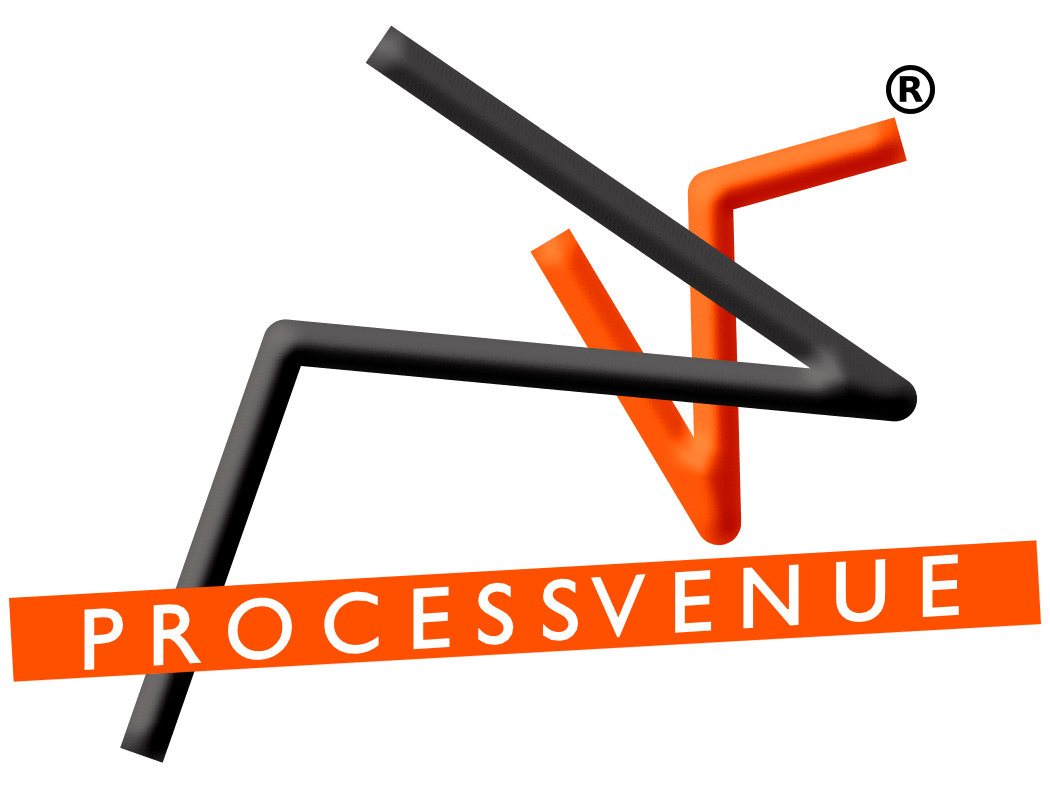
5 Cash Flow Management Tips for Businesses
|
Getting your Trinity Audio player ready...
|
Managing business cash flow is essential for keeping operations running smoothly. Poor cash flow management can lead to delayed payments, difficulty covering expenses, and reliance on short-term liquidity. You can maintain financial stability and ensure long-term growth by following smart cash flow management strategies. Keep reading to learn more!
Understanding Cash Flow and Its Importance
Cash flow refers to the movement of money in and out of your business. It includes all incoming revenue from sales, investment loans, and outgoing payments for expenses like salaries, rent, and supplier costs. Effective cash flow management helps maintain financial stability and supports long-term growth.
Key Cash Flow Management Tips for Businesses
Managing business cash flow effectively helps you avoid financial strain and keep operations running smoothly. Poor cash flow management can lead to delayed payments, difficulty covering expenses, and reliance on high-interest loans.
By using the right cash flow management strategies, you can maintain financial stability and plan for growth. Some of these tips include:
1. Monitor and Forecast Your Cash Flow Regularly
Track your income and expenses frequently using cash flow analysis. Reviewing your cash position weekly or monthly helps you identify potential shortfalls before they become serious. A cash management system can automate tracking and generate reports, giving you a clear picture of your financial health.
2. Optimize Accounts Receivable and Payable
Speed up incoming payments by offering multiple payment options and sending automated reminders for overdue invoices. At the same time, negotiate better payment terms with suppliers to extend due dates when possible. This balance keeps your business cash flow stable and prevents cash shortages.
3. Maintain an Emergency Cash Reserve
Set aside funds to cover unexpected costs like urgent repairs, supply chain disruptions, or delayed client payments. This reserve reduces the risk of financial strain and ensures you can continue operating even when cash flow fluctuates.
4. Reduce Unnecessary Expenses and Improve Efficiency
Audit your spending regularly to identify non-essential costs. Consider financial services outsourcing for tasks like bookkeeping and payroll, which can cut administrative costs while keeping operations efficient. You can also use back-office services for financial management to streamline record-keeping and reduce errors.
5. Leverage Technology for Better Cash Flow Control
Using a cash management system helps you automate invoicing, track expenses, and forecast future cash needs. Digital tools also improve fraud management in financial transactions, protecting your funds and managing financial data securely. Automating these processes reduces manual errors and frees up time for strategic planning.
Common Cash Flow Challenges Businesses Face
Managing business cash flow can be challenging, especially when unexpected issues arise. Poor cash flow management can lead to payment delays, financial instability, and even business closure. Here are some common challenges businesses face and how to address them.
1. Late Customer Payments
Delayed payments from customers disrupt cash flow management strategies and make it harder to cover expenses. To minimize this risk:
- Offer multiple payment options and incentives for early payments.
- Set clear payment terms and use automated reminders.
- Consider financial services outsourcing for invoice follow-ups and collections.
2. High Operational Costs
Uncontrolled expenses can drain your business’s cash flow. Regularly reviewing and optimizing costs helps you stay profitable. You can:
- Cut non-essential expenses and renegotiate supplier contracts.
- Use back-office services for financial management to streamline bookkeeping and payroll.
- Invest in a cash management system to monitor spending efficiently.
3. Poor Cash Flow Forecasting
Without accurate cash flow analysis, businesses struggle to anticipate shortfalls. Improve forecasting by:
- Reviewing past cash flow trends and adjusting projections regularly.
- Using a cash management system to automate tracking and reporting.
- Keeping an emergency cash reserve for unexpected expenses.
4. Inventory Mismanagement
Holding too much inventory ties up cash, while too little can lead to missed sales. Maintain a balanced inventory by:
- Using sales data to adjust stock levels based on demand.
- Negotiating better payment terms with suppliers.
- Aligning purchases with revenue cycles to prevent cash shortages.
5. Fraud and Financial Data Security Risks
Weak security in transactions can lead to fraud and financial losses. Strengthen fraud management in financial transactions by:
- Using secure payment systems and verifying transactions.
- Implementing strict access controls for financial records.
- Managing financial data securely with encryption and fraud detection tools.
How ProcessVenue Helps Businesses Manage Cash Flow
Managing business cash flow effectively is critical for financial stability. ProcessVenue offers expert solutions to streamline cash flow management, ensuring your company remains resilient and well-prepared for financial challenges. Here are some more reasons why you should choose ProcessVenue:
- Comprehensive Financial Management: We handle all aspects of business cash management, from cash flow analysis to financial reporting, helping you track income and expenses with accuracy.
- Compliance and Accuracy: Our financial and accounting services ensure compliance with regulations while minimizing errors in financial records. This reduces the risk of penalties and improves financial transparency.
- Strategic Financial Insight: With expert financial planning, we help you make informed decisions based on real-time data. Our cash flow management strategies allow you to optimize spending, reduce risks, and plan for growth.
- Efficient Cash Flow Management: We ensure the timely processing of payments and receivables, preventing cash shortages and maintaining liquidity. A well-structured cash management system keeps your finances under control.
- Customized Financial Solutions: Every business has unique financial needs. We offer tailored back-office services for financial management, ensuring efficient handling of transactions while managing financial data securely.
Conclusion
Effective business cash management helps you avoid financial stress and focus on growth. By monitoring cash flow, optimizing payments, and using secure financial tools, you can keep your business financially strong and prepared for future challenges.
Also, providers such as ProcessVenue combine financial expertise with technology to provide businesses with seamless cash flow management. From managing financial data securely to fraud management in financial transactions, we help businesses maintain financial health and plan for long-term success.
FAQs
How can small businesses avoid cash flow problems?
You can avoid cash flow problems by implementing cash flow management strategies such as:
- Conducting regular cash flow analysis to track income and expenses.
- Using a cash management system to automate invoicing and payments.
- Managing financial data securely to prevent fraud.
- Considering financial services outsourcing for efficient back-office operations.
What tools can help businesses manage cash flow efficiently?
Several tools can help with business cash flow management, including:
- Cash management systems for tracking and forecasting cash flow.
- Accounting software with built-in cash flow analysis features.
- Back-office services for financial management to streamline financial operations.
- Fraud detection tools for fraud management in financial transactions.
How often should I review my cash flow?
You should review your business cash management weekly or at least monthly. Frequent reviews help:
- Identify potential cash shortages early.
- Adjust budgets and expenses based on real-time data.
- Strengthen cash flow management by spotting trends in revenue and spending.
How does poor cash flow impact a business?
Poor cash flow management can lead to:
- Inability to pay suppliers and employees on time.
- Increased reliance on credit and higher interest costs.
- Financial instability and potential business failure.
- Greater risk of fraud if managing financial data securely is neglected.
